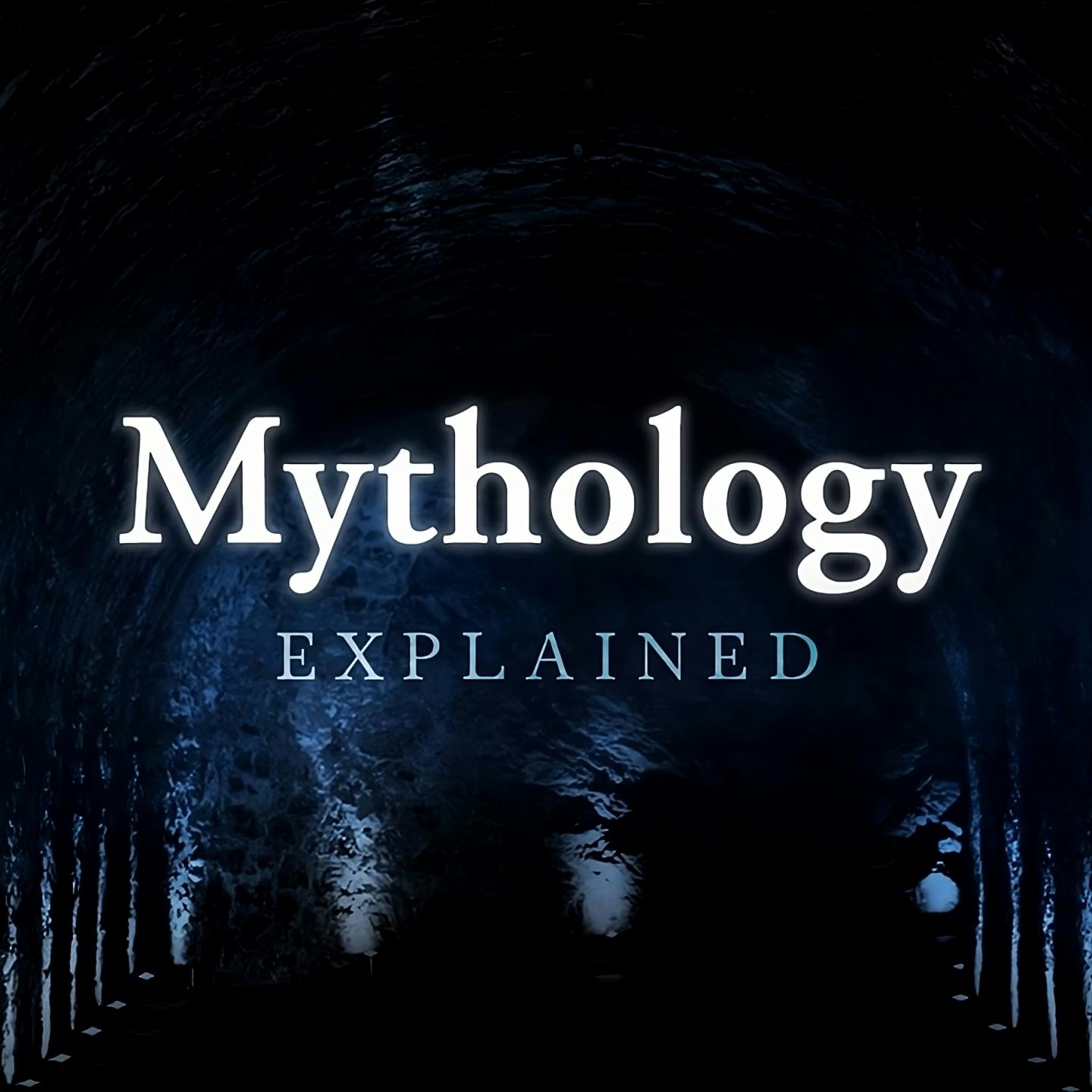
Shownotes Transcript
Welcome to Mythology Explained. Today, we're going to take a look at both Ares and Athena, both Olympians and children of Zeus, to determine which of them is more powerful and, ultimately, which of them would defeat the other.We're going to start things off with a quick overview of the capacity in which both Ares and Athena function as gods of war; then we're going to take a look at a few myths that Ares features in; following that we're going to examine how both gods factor into the three great conflicts fought by the Olympians - the Titanomachy, the Gigantomachy, and Zeus' battle against Typhon; next we'll look at how Ares and Athena perform when they face each other during the events of the Trojan war; we're going to wrap the video up with a quick summary of each god's position, crowning a winner.Let's get into it.Both Ares and Athena number among the 12 olympians, and though they are both gods of war, they represent very different aspects of warfare. Ares embodied the brutal aspects of warfare - the carnage, its bloodshed, unrestrained violence, the blood-curdling screams of the dying, and the panic that gripped men's hearts when the shadow of death fell on them. Two of his children, Phobos, meaning fear, and Deimos, meaning dread, attended him, sharing his chariot. By contrast, Athena was the incarnation of the more defensive and strategic elements of warfare. Slaughter wasn't under her purview. She's a deity you would want to invoke when planning how to repel an assault on your city or in deciding which tactics to employ to outsmart and outmatch your enemy. Athena was also the goddess of wisdom and of crafts. Ares was an aggressor, and he was emblematic of unprovoked, wanton violence; Athena was more of a protector and personified necessary warfare, that of a last-resort nature.With that quick comparison covered, Let's dive into a few myths that star Ares but exclude Athena. The reason for this is that all of the myths about Athena pertinent to this discussion are also relevant to Ares, involving him in some manner, so we're going to get the Ares-exclusives out of the way first.
